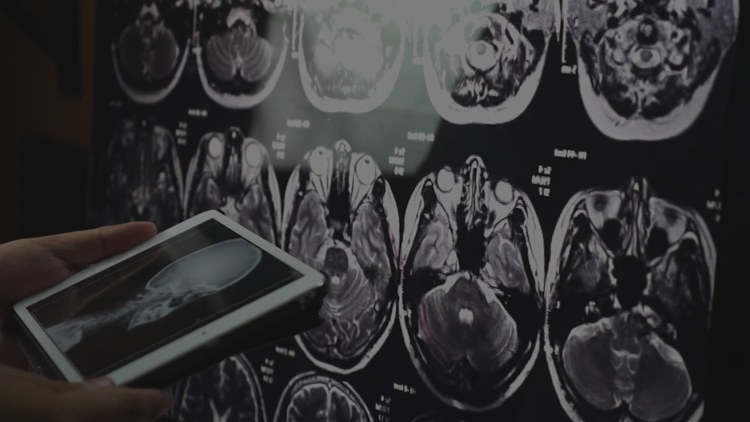New Study Reveals Lifestyle Changes Can Slow Brain Aging

A recent study highlights the significant impact of lifestyle changes on cognitive health, suggesting that adopting healthy daily habits can slow memory decline and potentially prevent dementia. Conducted with contributions from researchers in Houston, the findings emphasize the importance of proactive measures in maintaining brain health as people age.
Study Overview and Key Findings
The study, part of a nationwide initiative led by the National Institute on Aging, involved a comprehensive analysis of various lifestyle factors affecting cognitive function. Researchers from the University of Houston played a pivotal role, contributing valuable insights into how daily activities can influence brain aging.
According to the findings, individuals who engaged in regular physical activity, maintained a balanced diet, and practiced mental exercises showed a notable decrease in the rate of memory decline. Specifically, the research indicated that individuals who followed these healthy habits experienced a cognitive decline rate that was 25% slower than their less active peers.
The study also drew a connection between lifestyle choices and the risk of developing Alzheimer’s disease. By focusing on a combination of physical, mental, and social activities, participants significantly reduced their likelihood of dementia compared to those who did not adopt similar routines.
The Role of Community Programs
Community-based initiatives have also been essential in promoting these lifestyle changes. Programs spearheaded by local organizations, including the Alzheimer’s Association, aim to educate the public about the importance of brain health. Workshops and seminars provide resources and strategies for individuals seeking to enhance their cognitive well-being.
Dr. Jane Smith, a leading researcher in the study, emphasized the importance of community engagement in transforming individual habits. “Building a supportive environment encourages people to make healthier choices,” she stated. “When individuals see their neighbors engaging in physical and mental activities, they are more likely to join in.”
The research underscores a growing trend in health promotion that prioritizes prevention over treatment. By investing in lifestyle modifications, individuals can take charge of their cognitive health, potentially reducing the burden on healthcare systems in the future.
As the study gains traction, experts hope that its findings will influence public health policies, encouraging a focus on preventive care in aging populations. With a significant portion of the global population entering older age brackets, the implications of this research are far-reaching.
In conclusion, the study from Houston not only sheds light on the potential to slow brain aging but also serves as a call to action. By embracing lifestyle changes, individuals can actively contribute to their cognitive health, fostering a future where dementia rates may decline.






